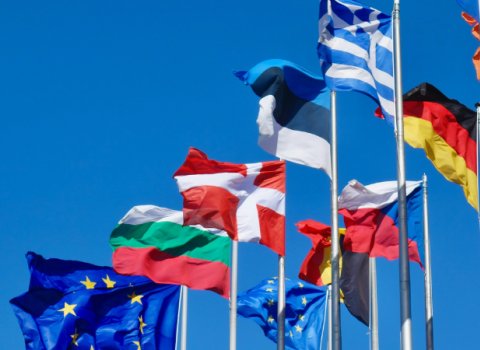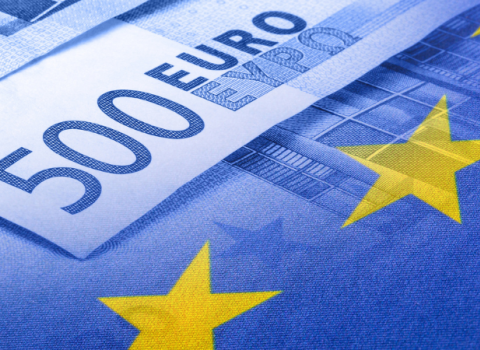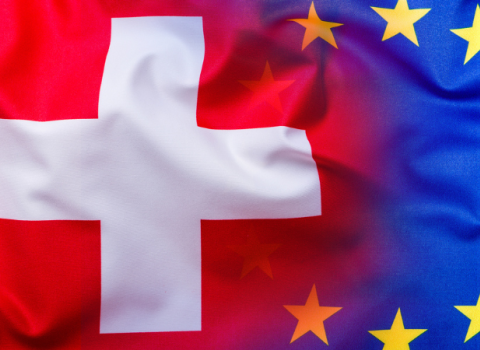Amsterdam, Copenhagen and Barcelona among top contenders to replace London as home for European Medicines Agency, following new rules for the October decision
An unruly contest among European cities vying to be the next home of the European Medicines Agency (EMA) got a bit more orderly, with officials in Brussels moving to winnow the field by drafting a list of requirements that any applicant has to meet.
The drug agency’s current home is London – but Britain’s decision to leave the European Union will force the drug agency’s relocation. Several cities, from Dublin to Bratislava, have started campaigning to be the new home.
But following a new set of rules to select the winner in October, front-runners now appear to include Amsteram, Copenhagen and Barcelona.
According to a document from the President of the European Council, Donald Tusk, and the President of the European Commission, Jean-Claude Juncker, circulated to member states last week, applicants must ensure the relocated drug agency will be running by April 1 2019, the date Britain’s membership of the bloc officially expires. A second element of the decision-making criteria relates to the “availability, frequency and duration of flight connections from the capitals of all EU member states”. These and several other criteria in the bidding rules appear to favour big cities with easy flight connections, ready-made offices and storage, and attractive living conditions for the families of EMA staff.
For whichever city emerges in October as the winner, the EMA will be a scientific, economic and political coup. It is the main EU-wide regulator for drug approvals, and a magnet for experts, lobbyists and medical specialists from around the world.
Companies can submit a single application to the agency to obtain a marketing authorisation valid across the EU. Over 20 years, the EMA has authorised about 1,000 products for use across the 28-nation bloc plus Iceland, Liechtenstein and Norway.In addition to its 890 full time staff, the EMA plays host to up to 4,000 national regulators and scientists.
The agency’s current London headquarters had 36,000 visitors in 2015, meaning hotel availability and quality is another important yardstick. During peak times, EMA needs 350 hotel rooms a night.
A choice of international schools for the 648 children of EMA staff is also required, and countries will be assessed on the job opportunities they can offer spouses.
According to the 18-page document, the winner must also be able to house EMA’s huge off-site archive of 34,000 boxes.
Countries seeking to lure the organisation to their shores have to submit their entries to the European Commission by July 31. Recorded presentations are optional.
Offers will then be published on the website of the European Council, minus any business secrets or other confidential detail. A decision is due by the end of October at the latest.
Complex beauty contest
The contest to land the EMA – one of the biggest EU bodies and a hugely prized asset – now involves as many as 22 countries. Several countries began their courtship effort as soon as the result of last June’s UK referendum was announced.
Any move for the EMA would have to be approved by all EU members, in a complex voting system.
If an offer receives the first preference vote from at least 14 member States, it wins. If there is no clear winner, there will be a second round, and a third round if necessary. Lots are drawn in the case of a tie.
The UK, which is expected to make a futile case to retain the agency, will not get a vote.
The issuing of official ground rules for the contest is in part to avoid the unseemly affair which accompanied the decision on where to base the EU Food Safety Authority.
The then Italian Prime Minister Silvio Berlusconi boasted that he convinced Finland’s female prime minister – using what he described as his “playboy” charm – to set up the agency in Italy, rather than in Finland, adding the observation that: “Parma is synonymous with good cuisine. The Finns don’t even know what prosciutto is.”
Still, the final decision on where the EMA goes will involve hard political bargaining.
Although the EU is obliged to keep the peace among its members by evenly distributing agencies, some countries in the race may be hard-pressed to win the requisite amount of political backing.
Bucharest or Sofia for example would find it hard to compete with Berlin and Copenhagen for airport and infrastructure quality.





 A unique international forum for public research organisations and companies to connect their external engagement with strategic interests around their R&D system.
A unique international forum for public research organisations and companies to connect their external engagement with strategic interests around their R&D system.